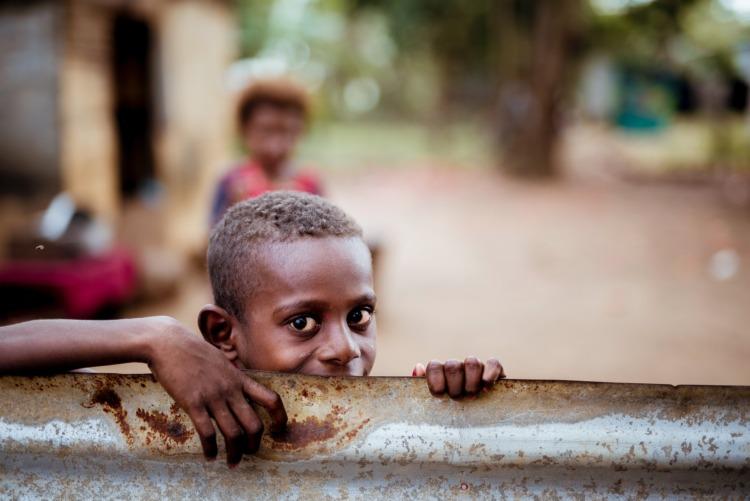- The Malnutrition Crisis in Africa has seen 63 million children stunted, 10 million overweight, and three million wasted.
- Dr. Akinwumi Adesina said poor nutrition keeps school-age children from realising their educational potential.
- Ministers, development partners and other speakers reviewed the progress toward achieving nutrition targets.
Malnutrition crisis in Africa
Leaders convening for the African Union and African Leaders for Nutrition Champion have revealed that Africa’s children are paying a considerable price as the continent finds itself in a malnubrock bowers jersey college football jerseys jordan proto max 720 custom stitched nfl jersey best human hair wigs for black females castelli gabba 8 ft kayak fsu football jersey borsa prima classe custom nfl football jerseys air jordan 1 element keyvone lee jersey sit top kayak best human hair wigs for black females brock purdy jersey trition crisis among kids. An event held on the sidelines of the 37th Ordinary Session of the Assembly of the African Union in Addis Ababa revealed A staggering 86 million children under the age of five in Africa suffer from malnutrition, with 63 million stunted, 10 million overweight, and three million wasted.
Heads of state, government officials, ministers, and representatives from development and partner organisations expressed deep concern over the developmental challenges posed by these statistics. The gathering, themed “Addressing Malnutrition, Catalyzing Africa’s Transformation through Enhanced Multi-sectoral Investments,” underscored the urgent need for coordinated action.
Prime Minister of Lesotho Samuel Ntsokoane Matekane, speaking on behalf of King Letsie III, urged African Union Member States to prioritise policy and program solutions to scale nutrition through multisector investments.
“Our commitment as leaders remains a pivotal pillar in driving policy and legislative actions to tackle malnutrition. Member States need to adopt stronger policies and increase financing for nutrition to turn the tide of malnutrition and secure the future of our children,” said Matekane.
Speaking during one of the panel discussions, the President of the Federal Republic of Ethiopia, Sahle-Work Zewde, highlighted the Seqota Declaration made by the Government of Ethiopia in 2015 as a renewed commitment to end hunger, achieve food security, improve nutrition, and promote sustainable agriculture. The Seqota Declaration is the Ethiopian government’s high-level commitment to end stunting in children under two by 2030.
“The African Development Bank’s support for the Seqota Declaration has had a dramatic impact in terms of [preventing] illness and death, educational performance and inadequate labour productivity,” she said.
President of the African Development Bank Group, Dr Akinwumi Adesina, said poor nutrition keeps school-age children from realising their educational potential, diminishes work productivity, hinders much-needed contributions to society, and negatively impacts economic growth.
“We have a duty and responsibility to reduce malnutrition and stunting in Africa by 40% by 2025—that is just one year from now,” and declared, “It is therefore critical that strong political be deployed by Heads of State and Government to tackle malnutrition.”
Read Also: Millions of Children Pushed to Malnutrition by Pandemic: Research
Malnutrition Crisis
As a co-founder of African Leaders for Nutrition, a platform for high-level political engagement that aims to influence innovative investments towards nutrition and food security, the Bank Group president warned the situation could deteriorate further unless action is taken.
“The number of undernourished people in Africa is projected to increase to 51.5%. Making a focus on transforming food systems an urgent priority,” Adesina said. He pointed to the findings of the World Food Programme’s Cost of Hunger Studies in Africa that showed malnutrition had far-reaching implications on societal progress.
Sierra Leone’s Vice President, Dr. Mohamed Juldeh Jalloh, said the country has created a dedicated budget line for nutrition that multilateral agencies can support.
Re-emphasising the importance of political leadership and collaboration in the fight against malnutrition, the African Union’s Commissioner for Health, Minata Samate Cessouma, speaking on behalf of the African Union Chairperson Moussa Faki Mahamat, called on all Member States to unite their efforts in the fight against malnutrition.

The round table event, also co-organised or supported by development partners Big Win Philanthropy, Nutrition International and the Food and Agricultural Organization, highlighted nutrition leaders aligning the national strategic objectives of African countries with continental and global nutrition agendas.
The Food and Agriculture Organisation’s Representative in Ethiopia, Farayi Zimudzi, remarked that there are more stunted children today than 20 years ago and that Africa’s stunting statistics are on the rise.
“Every dollar invested in nutrition can yield a return of 16 dollars. Tackling malnutrition makes economic sense,” she added.
Dr Victor Oladokun, Senior Advisor to the African Development Bank Group President, moderated the discussions.
Ministers, development partners and other speakers reviewed the progress toward achieving nutrition targets for the Comprehensive Africa Agricultural Development Programme-CAADP, the Malabo Declaration, the World Health Assembly, and the United Nations Sustainable Development Goals through sustained and increased investment in nutrition.











